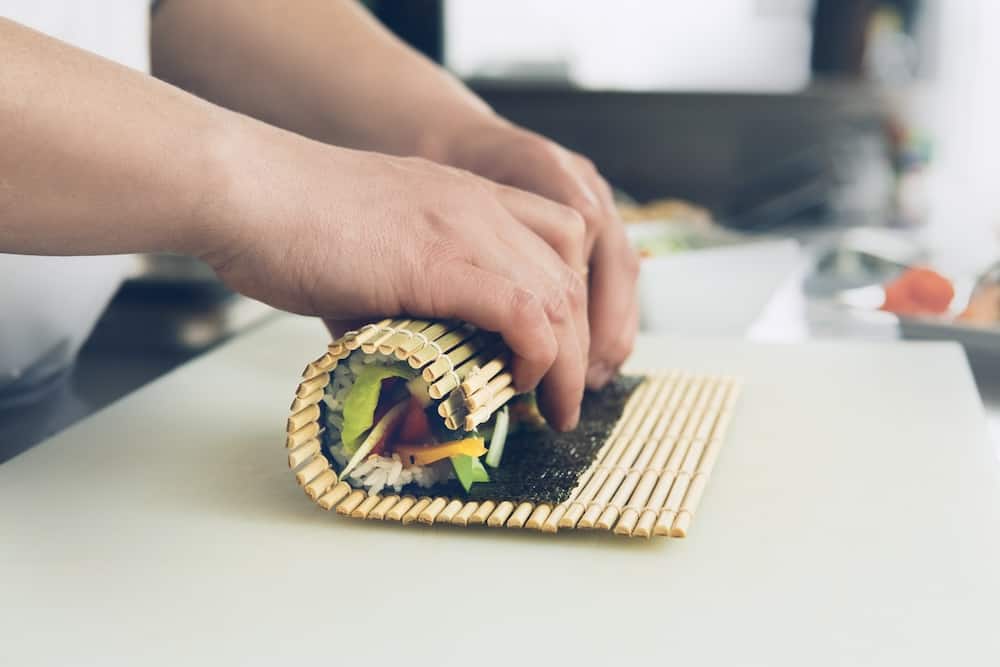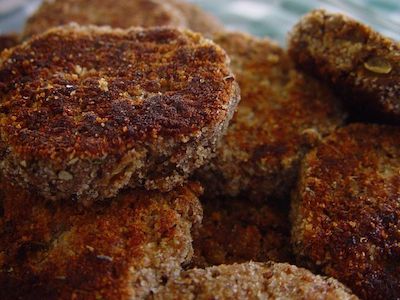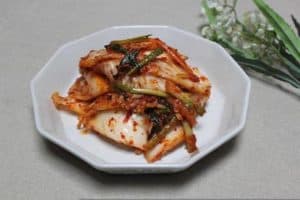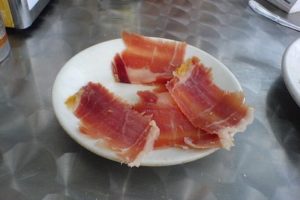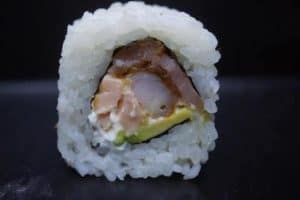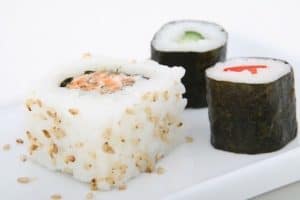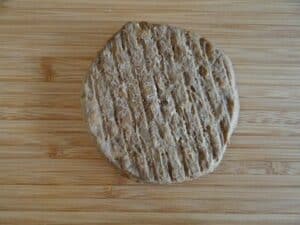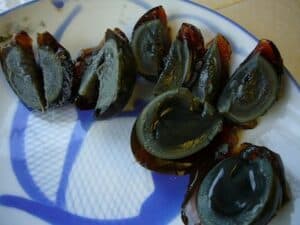WHAT’S NEW
- 5 Best Sushi Rolling Mats
- 5 Best Sous Vide Torch Options
- 5 Best Sous Vide Bags
- How to Tell if Pork Sausage Is Bad (Explained!)
- Beyond Meat vs. Morningstar Farms (Similarities and Differences Explained)
- Gardein vs. Beyond Meat (Similarities and Differences Explained)
BROWSE BY CATEGORY
Sous Vide
- Can You Put Food in Sous Vide While Preheating?
- Can You Sous Vide Multiple Steaks at Once?
- How Are Sous Vide Foods Reheated?
Sausage
- How to Tell if Pork Sausage Is Bad (Explained!)
- Why Are Sausages Curved? (Solved!)
- How to Tell If Turkey Sausage Is Cooked (Answered!)
Fermenting
- Is Kimchi Halal?
- How Long Does Fermented Hot Sauce Last?
- Fermented Hot Sauce pH: Everything You Need to Know
Cured Meats
- Does Serrano Ham Have Nitrates? (Answered!)
- Can You Freeze Serrano Ham? (Answered!)
- Can You Fry Serrano Ham (Answered!)
Sushi
- Is Sushi Raw Fish? (Solved!)
- What Does Sushi Rice Taste Like? (Answered!)
- Real Wasabi vs. Fake Wasabi (Compared!)
Vegetarian/Vegan
- Beyond Meat vs. Morningstar Farms (Similarities and Differences Explained)
- Gardein vs. Beyond Meat (Similarities and Differences Explained)
- Quorn vs. Beyond Meat (Similarities and Differences Explained)

